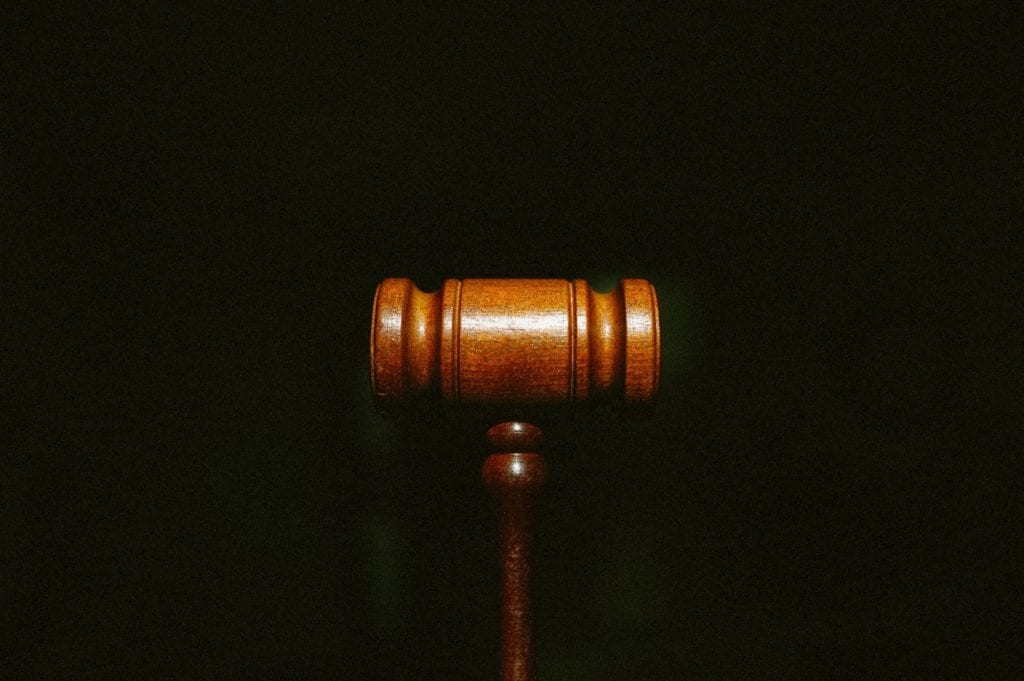
Lawyers hold a special place in our society. They are seen by many as knowledgeable, admirable, and capable of protecting our rights when it matters most. When faced with a dilemma, many of us look to lawyers to pursue justice on our behalf. Unfortunately, not all lawyers live up to the idealized standard that has been promulgated. Anyone who has dealt with a lawyer whose performance has been less than ideal may be familiar with ineffective assistance of counsel and legal malpractice. While these claims may appear identical, there are some key differences you should know. Here’s a closer look at both, and what you could do if you believe that your lawyer has dropped the ball in your legal matter.
Ineffective Assistance Of Counsel
Claims of ineffective assistance of counsel only apply to criminal matters. Generally speaking, the United States Constitution requires that when you are accused of a crime, you have a legal right to a defense. You also have the right to effective assistance of counsel, meaning that you not only have the right to defend yourself against criminal charges, but you also must have a lawyer representing you who is competent. If either one is missing, your conviction may be overturned and a new trial ordered.
Claims of ineffective assistance of counsel breed some of the most common post conviction relief appellate issues. In other words, those who have been convicted of a crime often appeal their case based on an ineffective assistance of counsel claim. The United States Supreme Court in Strickland v. Washington, 466 U.S. 668, 686, 104 S. Ct. 2052, 2064 (1984) held that when considering a claim for ineffective assistance of counsel, it must be proven that:
(1) the trial lawyer’s performance fell below an objective standard of reasonableness, and
(2) there is a reasonable probability that if it weren’t for the lawyer’s unprofessional errors, the result of the proceeding would have been different.
Critically, even if you can prove ineffective assistance of counsel, that does not mean that you are scot-free. The government may still have the ability to retry your case and obtain a conviction at some point in the future. Perhaps just as important, a successful claim of ineffective assistance of counsel does not necessarily entitle you to damages from your attorney.
Legal Malpractice
Unlike a claim of ineffective assistance of counsel, the concept of legal malpractice exists within the world of a civil lawsuit. Essentially, a legal malpractice case seeks to show that the lawyer’s representation caused their client not to prevail in their case and the incompetent representation by the lawyer caused damages to the client.
A common example of legal malpractice is a lawyer missing an important filing deadline that caused their client’s case to get dismissed. Critically, in order to recover financial compensation, it must be demonstrated that the attorney made a mistake and if the mistake never occurred, the client would have prevailed in their case. What this means is that even if your attorney was negligent, your legal malpractice claim may not be successful unless it can be shown that the mistake made by your attorney affected the outcome of your case.
Hiring A Malpractice Attorney
With four decades of experience fighting for clients’ rights in malpractice cases, William F. McMurry is the only attorney who is Board Certified as a legal malpractice and medical malpractice trial specialist by the American Board of Professional Liability Attorneys in Kentucky, Florida and North Carolina. If your attorney caused you to have a bad result in your legal matter, reach out to William F. McMurry & Associates at (502) 326-9000 or contact us online to consult with our experienced counsel today.